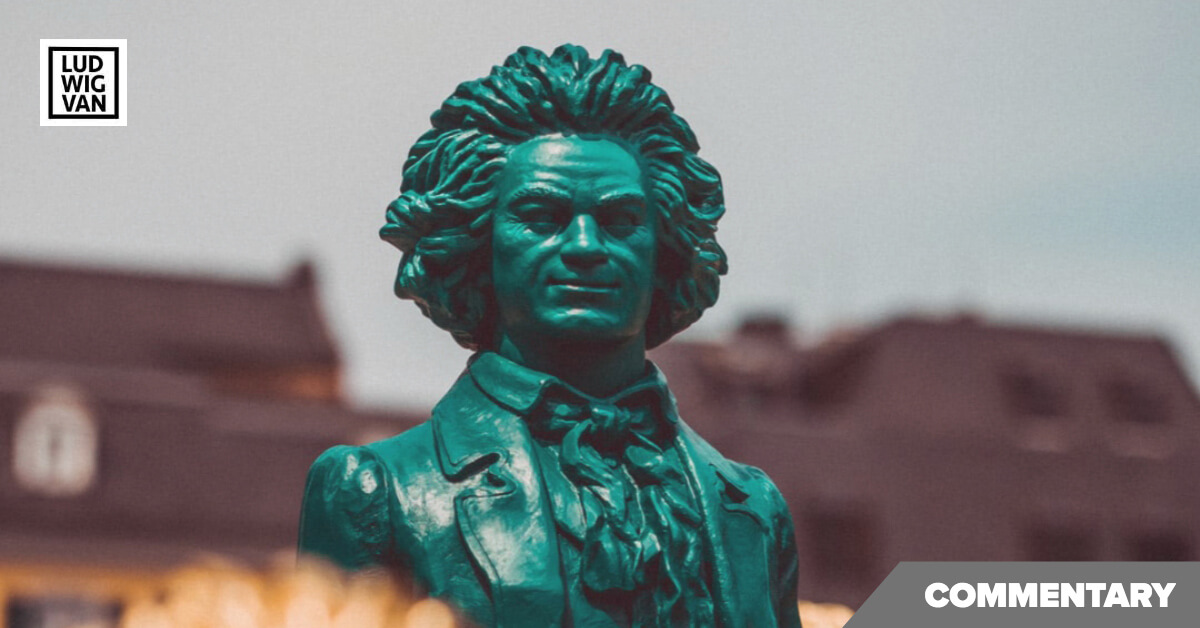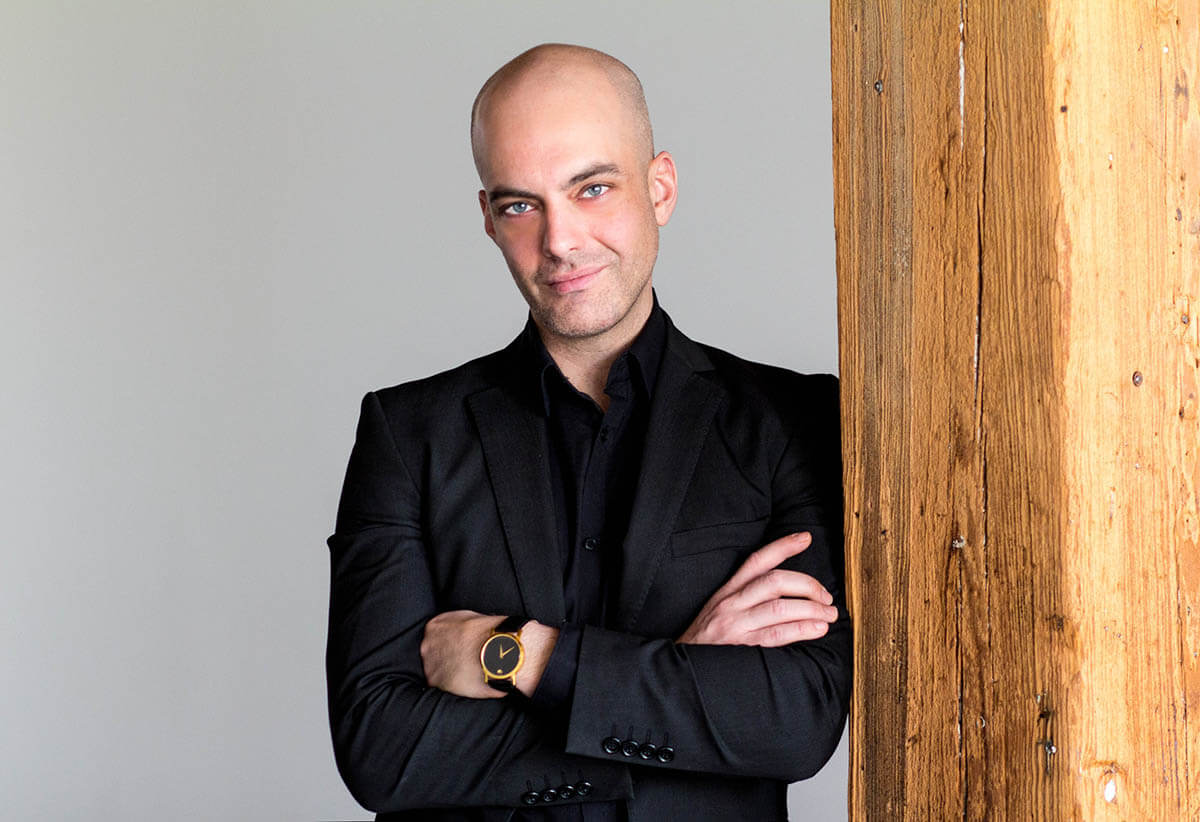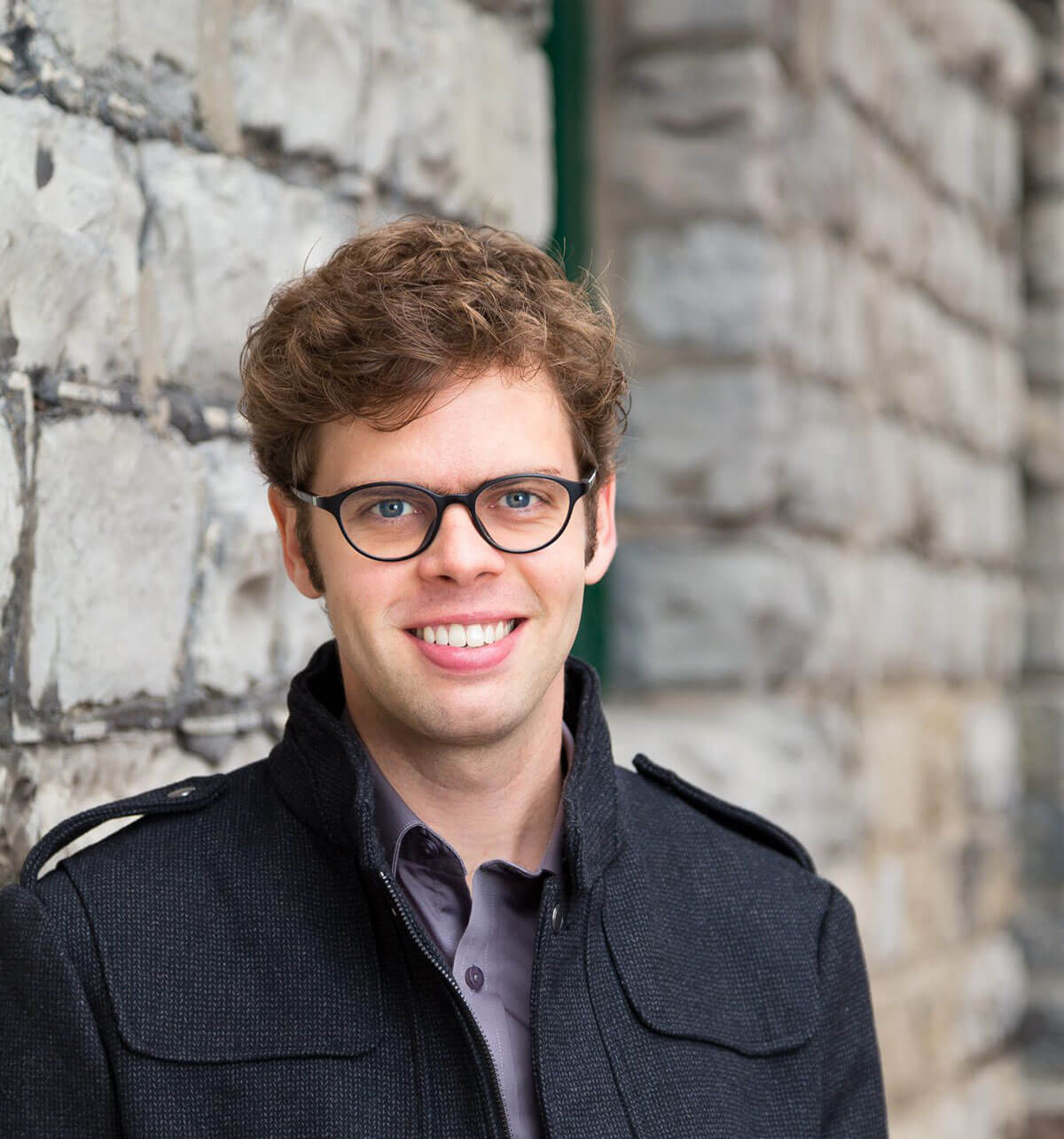Are the Beethovens of the world alive and well, or are they being buried under the reverence for old dead white guys? A look at the “Beethoven Paradigm.”

We are coming upon Beethoven’s 250th birthday in 2020, but a Brahms String Quartet is playing in the background as I write this. It’s ironic, considering Beethoven’s paralyzing influence on him. With equal parts fear and reverence, Brahms destroyed 20 drafts of string quartets before allowing just three to be published. Of course, he was never really happy with them.
This topic ties into a dinner party I attended where for fun, the challenge was made to a name five living classical composers.
Easy, “John Williams”(more of a film composer, I mumbled); Philip Glass (that’s two); Is Babbitt dead yet? (physically, yes — metaphysically, no). After three tries, hands were thrown up.
“Humffff! When living composers can learn to compose as well as Beethoven did, then I’ll learn their names…”
With everyone looking amused, a final zinger was made from behind a plate of Mexican Yams: “Maybe the Beethovens of the world are alive and well, but buried under a prevailing reverence for old dead white guys.”
Touché.
Composers have been looking down the barrel of Beethoven for over 200 years. There is no denying that Papa B has left us some of the most important music ever written. He has also left us with a hard to live down mythology surrounding the idea of the composer as hero, which I’m not so sure has been such a good thing.
It’s been said of the three “B”s that Bach approached his art with a wonderment, Brahms with reluctance and servitude, but for Beethoven, he, as “the artist,” was in supreme control; control that is still felt today.

At this point, it’s time to call in the reinforcements. I asked two Toronto-based composers Adam Scime and Chris Thornborrow to share their insights on how they see themselves up against the great “Beethoven Paradigm.”
Inspirational, and with a hint of bothersome, Adam Scime wasn’t having any of it. He said he sees the notion of Beethoven as a romantic-composer-hero as a fantasy created by historians. “The idea of rebel-artist-hero of today — one that desperately seeks/claims to exist outside any/all links to the past,” he touted, “is of equal nonsense.”
Fantasy or not, Beethoven’s “rebel-artist-hero” instincts resulted in the cajones to revamp the symphony (then inherited from Haydn) and elevate the string quartet as a vital musical form. He wasn’t afraid of dissonance and developed a style that masters rhythm and melody with emotion and meaning. Beyond his artistic developments, however, was a personal philosophy that isolated him through grand personal assertions. (This was what I suspect Scime was chiming in on.)

A concrete example was when Beethoven said to his patron, Prince Lichnowsky (also at a dinner party after taking offense at being asked if he also plays the violin): “Prince! What you are, you are by circumstance and by birth. What I am, I am through myself. Of princes, there have been and will be thousands. Of Beethovens, there is only one.”
This doesn’t sound all that different from John Lennon saying the Beatles are “more popular than Jesus.” He later apologized for that, but Beethoven didn’t.
Scime attests that for composers today, it is the music that matters. While he agrees that it makes for interesting musicological retrospectives, he thinks the artist is simply being true to his or her own self.
Diving deeper, I asked Scime about the Beethoveneque post-Romantic ethos and the sense that any single “musical revolution” no longer seems applicable to our culturally diverse era. Composers seem to be seeking innovation and originality above all.
“It is a worthy effort to innovate in one’s work,” Scime says, “and this is certainly something I try to do. I believe creativity may be more readily recognized the more it shakes itself from tradition. However, an intentional avoidance of the past cannot masquerade as creative power, and still less engender it.”
He continues, “There is an unspeakable and intangible correspondence between humans and the world. I believe music is one key to this correspondence. All music relates to other music in some way, and this is neither good nor bad. I try not to think about this too much, and let my experiences and my creative impulses guide me through each project.”
But Scime cautions that art must not be a retreat into the past, and instead intensify the present. “We all must find our own way in this regard.”
One of these ways includes engendering an entrepreneurial approach. If no one is creating opportunities for your work, make them yourself.
“If composers of today have become entrepreneurs,” Scime said, “it is because they have identified certain tools (like the internet or social media) that aid in the wider exposure of their art, and so why not utilize these tools as much as possible?”
After all this promotion, there is still a reluctance by the established music community to embrace contemporary composers, in the same way, they embrace composers like Beethoven.
Scime points out that in Beethoven’s day there was an omnipresence of the performance practice. Audiences had a fundamental knowledge of classical music that was taught both in the home and in primary education. This made it easier for audiences to better grasp what composers were communicating. He notes that the outcome of the deterioration of the performance practice is that there is no single compositional approach, which has polarized opinions and tastes.
Scime attests composers must be open to the past, but also embrace various aesthetics that lead to true artistry. “This is the world we live in,” Scime said, an endless palette.”
I wonder if composers of today might be harkening back to the baroque and renaissance idea of composer as craftsman in the artisan sense. I asked Both Scime and Thornborrow if they identify themselves more as ‘artist’ in the romantic sense, or craftsman in the artisan sense?
Chris Thornborrow doesn’t think it is an either/or for him. “I would consider myself a craftsman in that collaboration is a huge aspect of what I do, and that I love exploring the mechanics of composing. There are also aspects of romanticism that appeal to me. If romanticism is the notion that the composer is a solitary genius or some kind of hero, I want no part in that. But there is an aspect of romanticism that is about self-expression, pushing boundaries, and discovering the unknown, and that kind of romanticism is great.”

Scime agrees, adding, “A composer fashions a careful stasis between intuition and craft, but the problem arises when one or the other takes over to such a degree that it becomes a hindrance to the effort.”
“If one tries too hard to find originality in one’s work, one will find only originality. There must be room for expression. We must innovate, but also express; calculate, but also exalt,” he said. “If the listener is unable to perceive the expression of a musical idea, there is no longer expression. If, on the other hand, all we receive are contrived bursts of ecstasy, then art becomes trite.”
It is this search for equilibrium that is most challenging for Scime, and he suggests this is probably the same for most young artists in all disciplines. “This pursuit happens to everyone, and is an expedition representative of the nature of art: we all must fail, and be allowed to fail.”
Scime recalls a quote by Samuel Beckett: “Ever tried. Ever failed. No matter. Try Again. Fail again. Fail better.” If that isn’t a heroic statement, then I don’t know what is. One wonders if tenacity has become the source of the heroics these days.
Thornborrow notes some significant differences in composers born to the baby boomer generation and those born more recently. He speculates that like Beethoven, the change may revolve around a categorical rejection of past aesthetics.
“Composers of the baby boomer generation emerged from academic institutions where serialism reigned supreme. I think the response was to reject this absolutism. The pushback resulted in an explosion of aesthetic diversity within contemporary classical music. Those baby boomer composers became our teachers. Today, virtually anything that can be done has been done, and most composition teachers will only push you in the quality of your work, not your aesthetic choices. So, young composers have very little aesthetically to push back against.”
He adds that millennial composers are still working to uncover imaginative sounds and aesthetics, but the biggest pushes are in the way that music it is presented.
This can be seen at play with many of Toronto’s DIY opera companies, chamber groups, and composers collectives. Thornborrow likens them to music Salons of the 18th, 19th, and early 20th centuries and speculates that the reason may be the ghettoization of new music by established arts companies, who have essentially forced their hand.
Beethoven, it seems, might just be living in your basement, plotting away at the next masterpiece to premiere at the Toronto’s Drake Underground or the Music Gallery.
I can’t help but wonder in the next 100 years what people will say about composers living today. It seems we are experiencing a glimpse of an image slightly out of focus. It’s difficult to look farther than you can see.
LUDWIG VAN TORONTO
Want more updates on classical music and opera news and reviews? Follow us on Facebook, Instagram or Twitter for all the latest.
- THE SCOOP | Royal Conservatory’s Dr. Peter Simon Awarded The Order Of Ontario - January 2, 2024
- THE SCOOP | Order of Canada Appointees Announced, Including Big Names From The Arts - December 29, 2023
- Ludwig Van Is Being Acquired By ZoomerMedia - June 12, 2023



